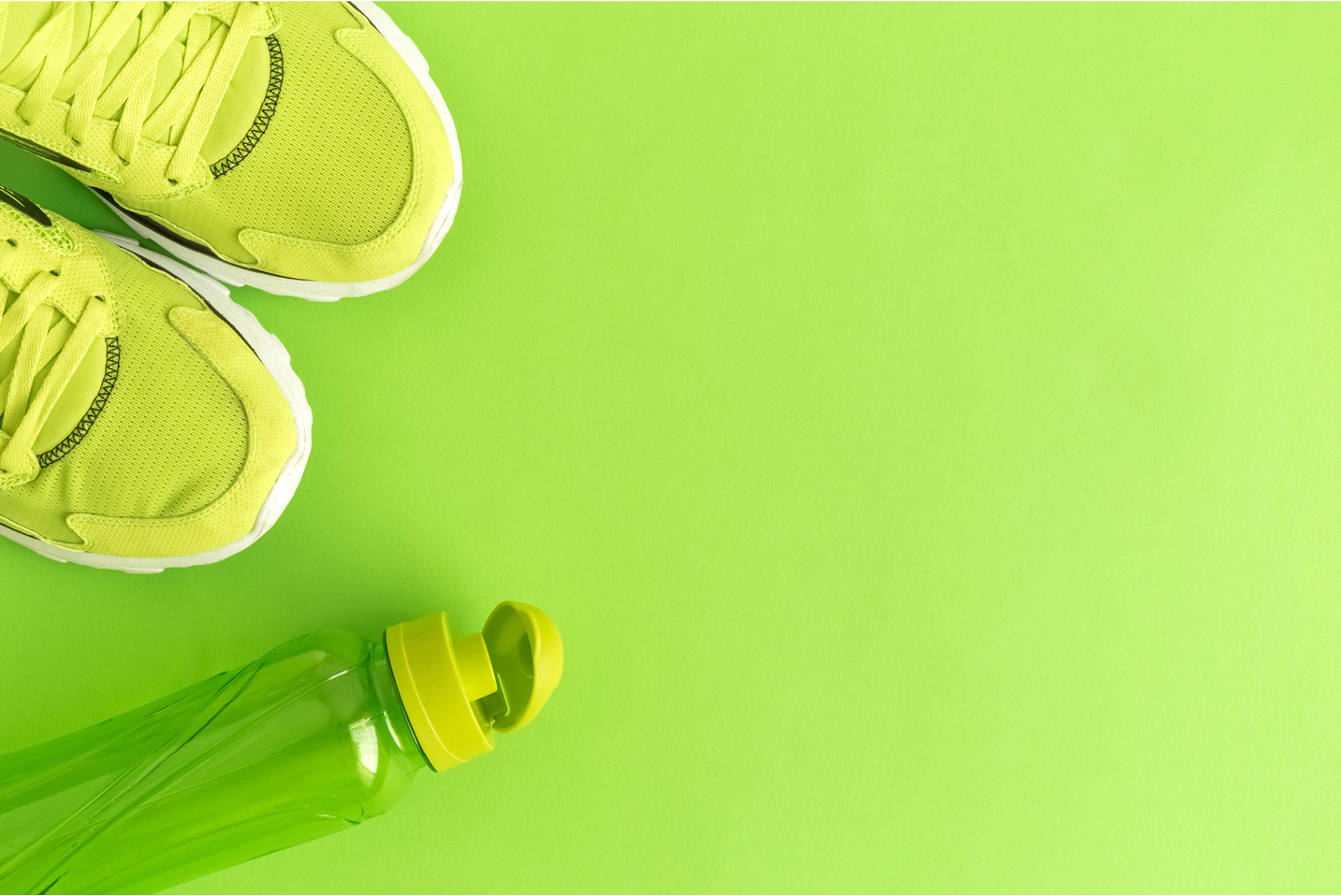
Aerobic exercise reduces the risk of cardiovascular and pulmonary disease, obesity, diabetes, high blood pressure, high cholesterol, bone diseases, cognitive decline, and cancer. Numerous studies have demonstrated the positive benefits of increased fitness levels achieved through regular physical activity and exercise. An active lifestyle can maintain or enhance fitness levels for general health, especially in middle aged to older adults. In addition, regular exercise provides many psychological benefits which reduce the risk of depression and anxiety.
Some benefits of exercise include:
- Strengthened heart and lungs
- Increased energy
- Sharpening your mind
- Weight management
- Improved balance
- Improved posture and overall muscle endurance
- Improved glycemic control, insulin sensitivity, blood pressure, lipid profile, muscular strength, and bone mineral density
Cardiovascular conditioning should be performed regularly and for a certain duration of time. It is expected that your heart rate and breathing will increase due to the use of larger muscle groups in your body. There are many ways to perform aerobic activities, both high- and low- impact, depending on your current activity level and any physical injuries or ailments. Some examples of low-impact activities include walking, cycling, swimming, Tai-Chi, and water aerobics. Alternatively, high-impact activities include stair climbing, hiking, jogging/running, dancing, fitness classes, or home exercise videos. Adults should accumulate at least 30 minutes of moderate intensity physical activity on most—preferably all—days of the week (US Surgeon General, 2008).
What constitutes intensity levels for exercise? How should we choose what is best for our bodies?
- Moderate exercise should feel somewhat hard, where breathing increases, but you are not out of breath. A light sweat should begin at around ten minutes of the activity, and you should be able to carry out a conversation with a friend, but not be able to sing a song.
- Vigorous exercise should feel challenging. Breathing should become deep and rapid, and sweating will develop after a few minutes. Speaking should be difficult without pausing for breath.
The American College of Sports Medicine and the American Heart Association both provide guidelines for exercise. For adults and seniors, it is recommended that moderate intensity cardio be performed for 30 minutes, five times per week; vigorous intensity cardio for 20 minutes, three times per week; or a mixture of moderate to vigorous cardio, three to five times per week (2018). Choose an exercise that fits your needs, is enjoyable and, most importantly, is fun! It is important to select something that you know you will maintain compliance with and actually look forward to doing. Try getting a group of friends to join in with your new activity and encourage one another to meet up for workouts throughout the week. Prior to beginning a new workout program, take into account your past medical history, any surgeries, orthopedic issues, and cardiovascular disorders.
Some considerations to keep in mind:
- Drink plenty of water
- Wear proper footwear/sneakers – exercise proper foot hygiene
- Eat a small snack before and after exercise – avoid hypoglycemia (low blood sugar)
- Gradually increase duration and frequency of exercise every 2-3 weeks
- Hydrate – beware of dehydration, heat cramps, heat exhaustion, heat stroke
- Be aware of decreased endurance
- Medications*
*Always consult with your Primary Care Physician prior to starting any unsupervised exercise program to ensure safety and reduce your risk of injury. You should consult with a Physical Therapist regarding pain with, or as a result of, exercise.
—–
References:
- American Heart Association. (2015). Know Your Target Heart Rates for Exercise, Losing Weight & Health. American Heart Association, https://www.heart.org/en/healthy-living/fitness/fitness-basics/target-heart-rates
- Liang, MTC, & Lin, SJH. (2014) Aerobic Exercise Prescription for Older Population: A Short Review. J Novel Physiotherapies, 4:201.
- Mayo Clinic Staff. (2018) Exercise Intensity: How to Measure It. Mayo Clinic, https://www.mayoclinic.org/healthy-lifestyle/fitness/in-depth/exercise-intensity/art-20046887
- Waehner, Paige. (2018) Cardio Exercise Guidelines for Seniors. VeryWellFit, https://www.verywellfit.com/cardio-exercise-guidelines-for-seniors-1230952?print
The medical information contained herein is provided as an information resource only, and does not substitute professional medical advice or consultation with healthcare professionals. This information is not intended to be patient education, does not create any patient-provider relationship, and should not be used as a substitute for professional diagnosis, treatment or medical advice. Please consult with your healthcare provider before making any healthcare decisions or for guidance about a specific medical condition. If you think you have a medical emergency, call your doctor or 911 immediately. IvyRehab Network, Inc. disclaims any and all responsibility, and shall have no liability, for any damages, loss, injury or liability whatsoever suffered as a result of your reliance on the information contained herein.
